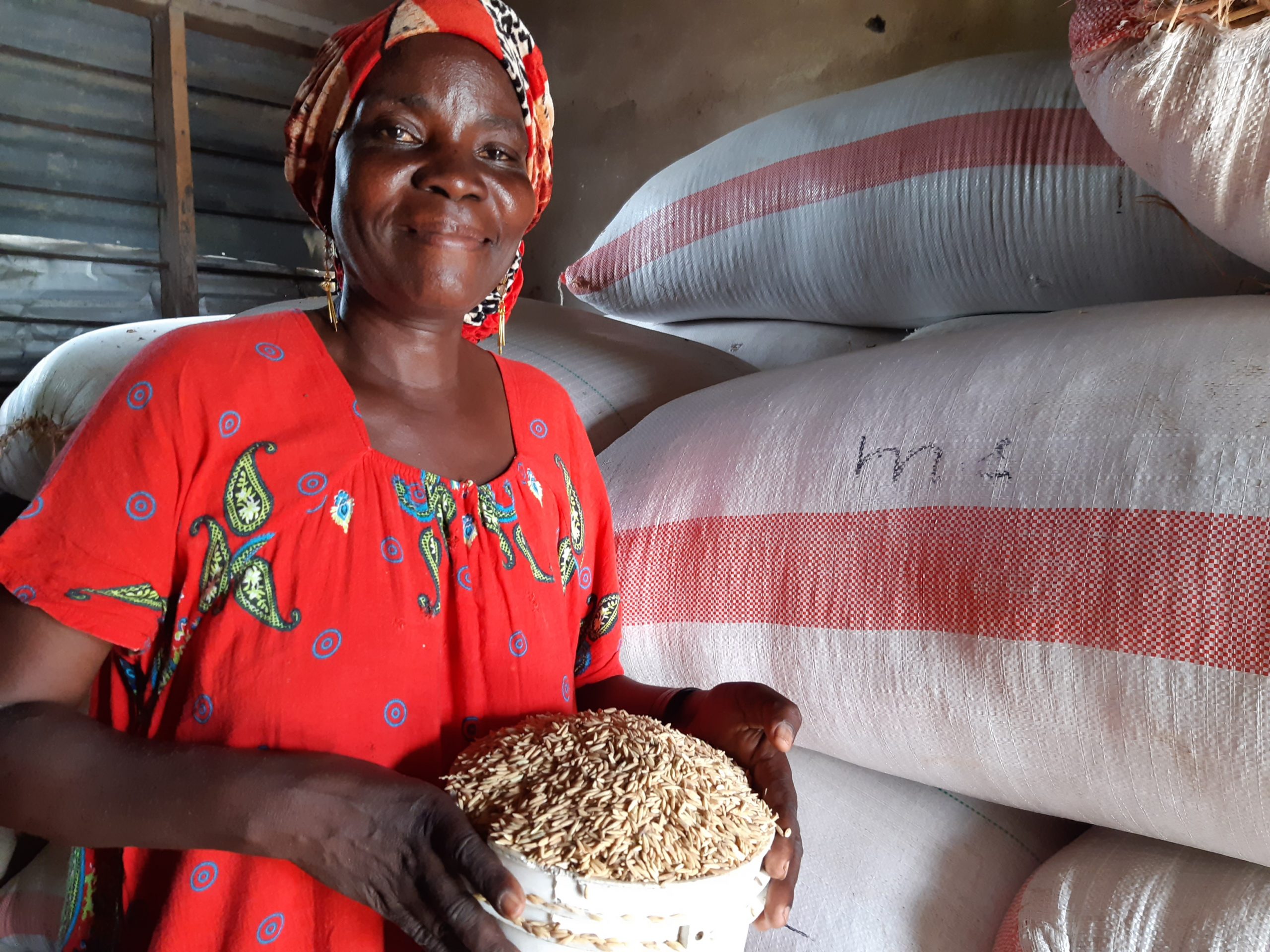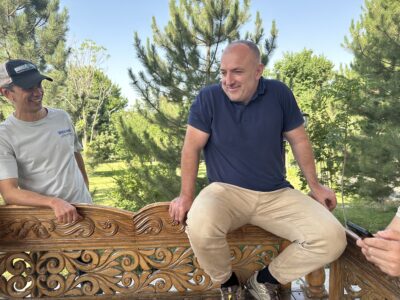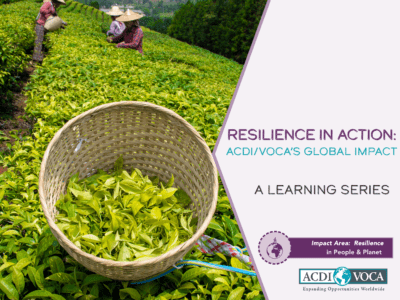
Last week the World Food Programme (WFP) won the Nobel Peace Prize for their “efforts to combat hunger, for its contribution to bettering conditions for peace in conflict-affected areas and for acting as a driving force in efforts to prevent the use of hunger as a weapon of war and conflict.”
Food insecurity, particularly when caused by increased food prices, has been shown to strongly exacerbate the risk of political unrest and conflicts. These consequences are made worse by unstable political systems, income and resource inequality, and high youth populations, which are all characteristics of the most under-developed nations. Conflict is also a vicious cycle leading to more food insecurity and hunger, with lost income due to livelihood disruption and uncertain food access from market closures and less reliable transportation of produce as roads and borders become unsafe.
Efforts in Burkina Faso Exemplify Approach to work in Conflict-prone Zones
ACDI/VOCA faces these challenges in our work to support and rebuild food and market systems in conflict-prone areas. In Burkina Faso, where ACDI/VOCA has worked for several years, recent waves of terrorism and violence have left people with fewer income-generating opportunities and at increased risk of food insecurity and malnutrition, especially among households that have become internally displaced. The Victory Against Malnutrition Plus (ViMPlus) project aims to increase household resilience against shocks and stressors, protect and build on nutrition and food security improvements, and support community capacity for conflict management. Cash transfers have assisted households in purchasing urgently needed nutritious foods and vouchers for agriculture and livestock inputs are supporting longer-term resiliency by ensuring households can produce their own food even if market access remains a challenge.
COVID-19 Pandemic Exacerbates Food Insecurity
The COVID-19 pandemic is expected to drive the number of acutely food-insecure people even higher. More than ever, organizations must work quickly to address food insecurity in developing regions before it becomes a source of conflict, setting off the vicious cycle of hunger and violence. In this uncertain time, ACDI/VOCA—like the World Food Programme—will continue to strive in these efforts to bolster the livelihoods and resiliency of households and communities in conflict-prone areas.
Comments






